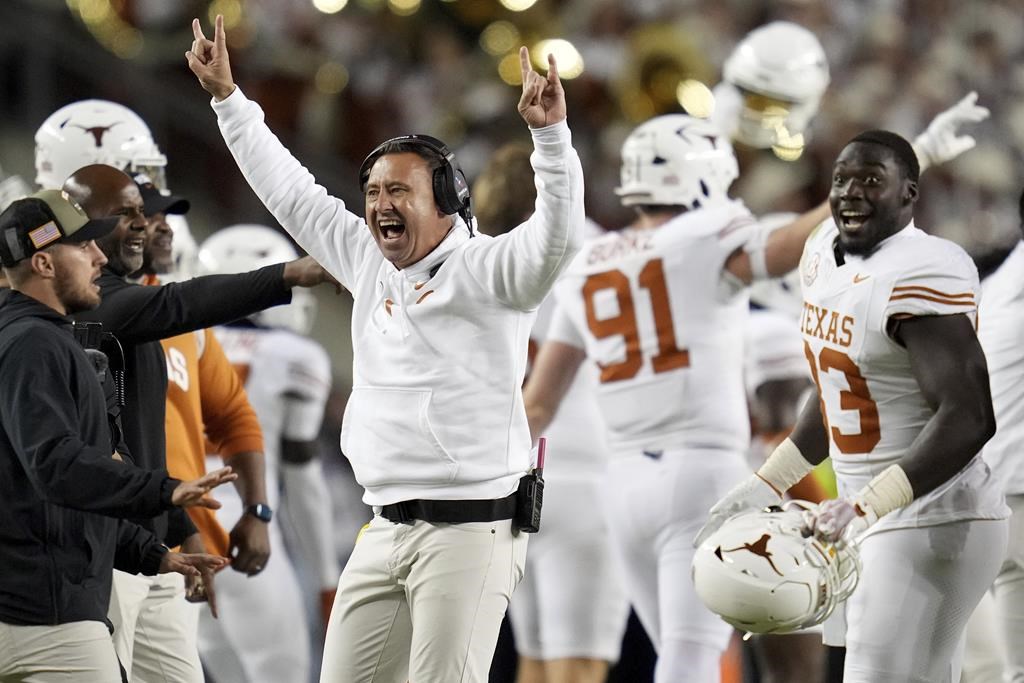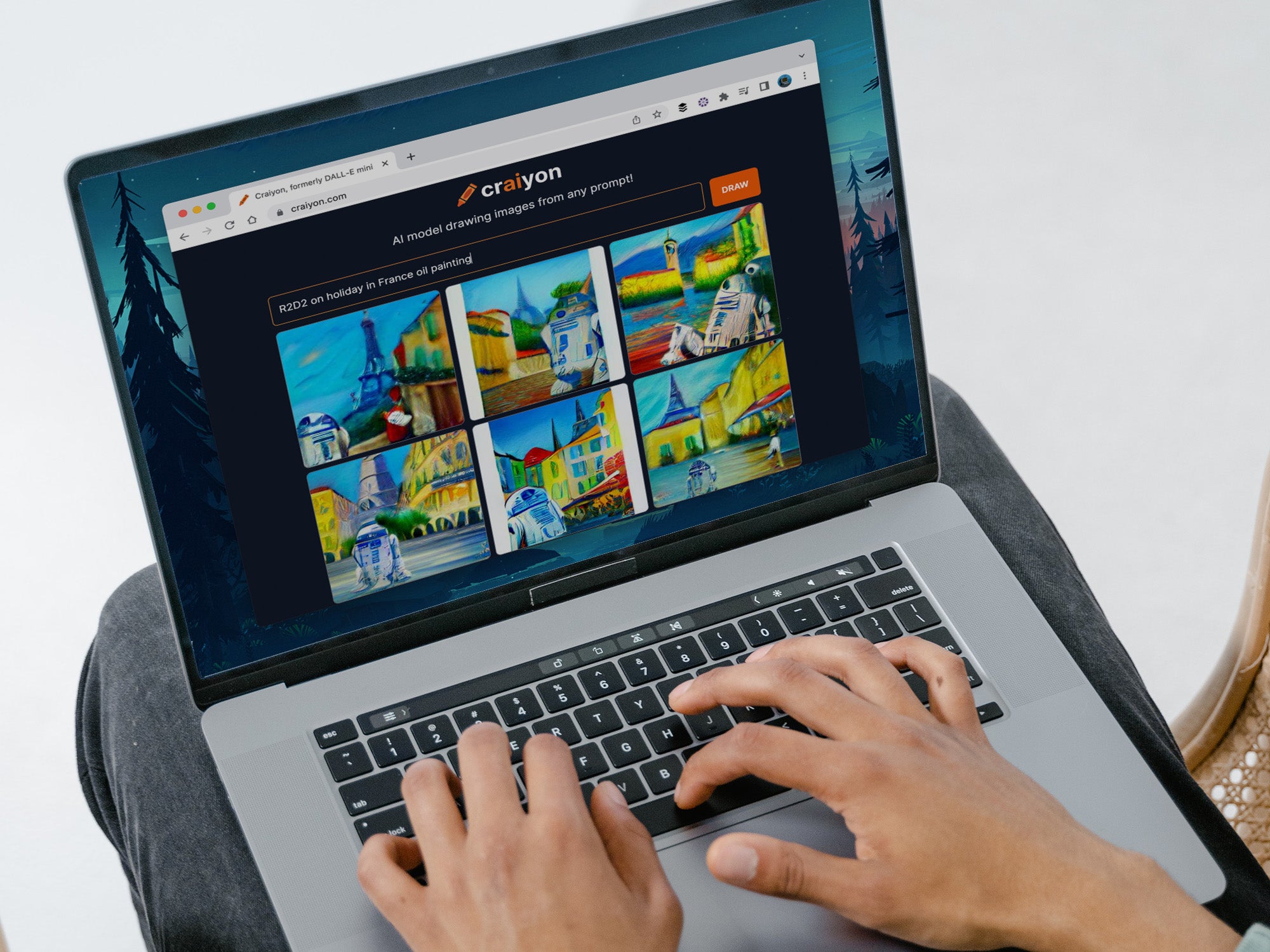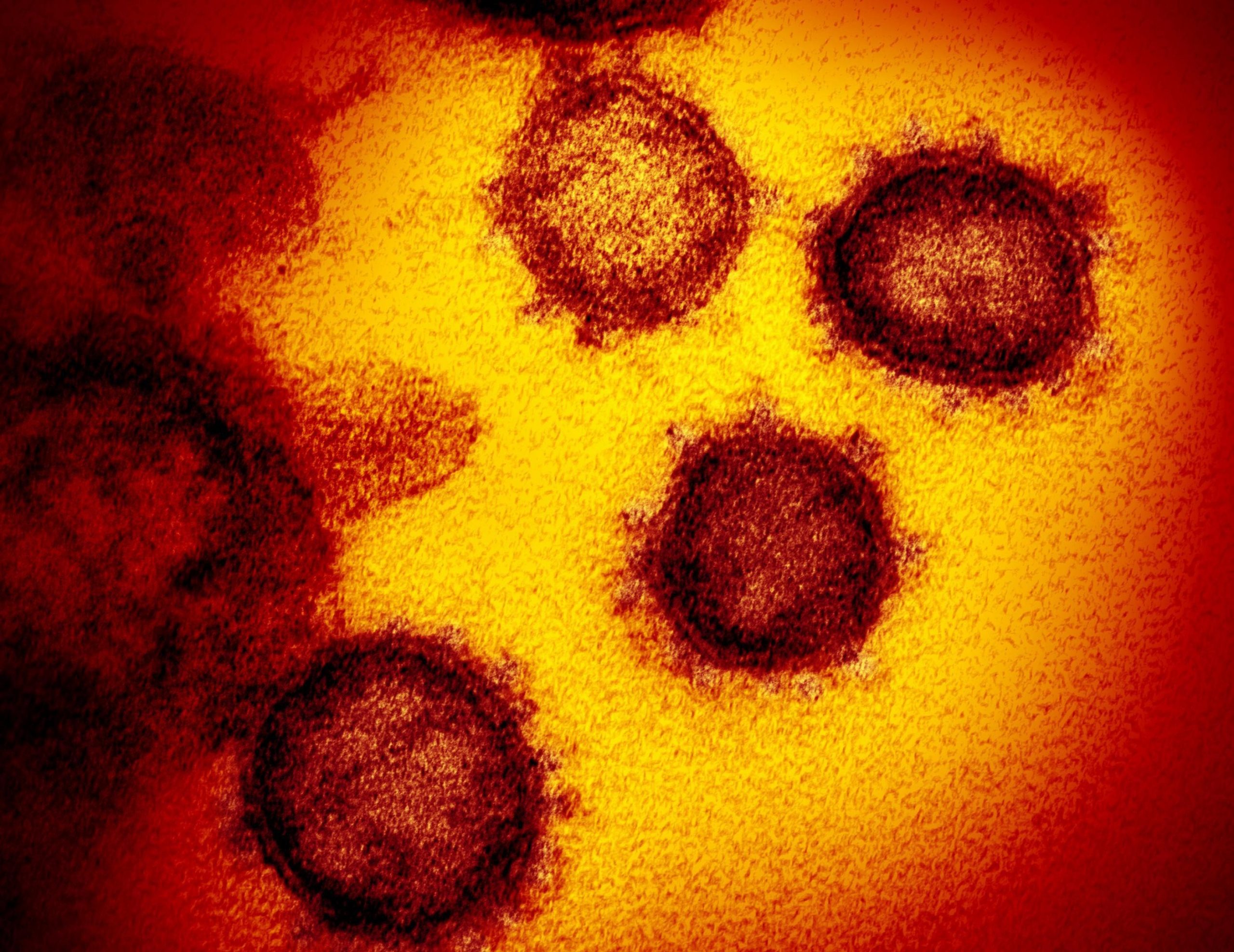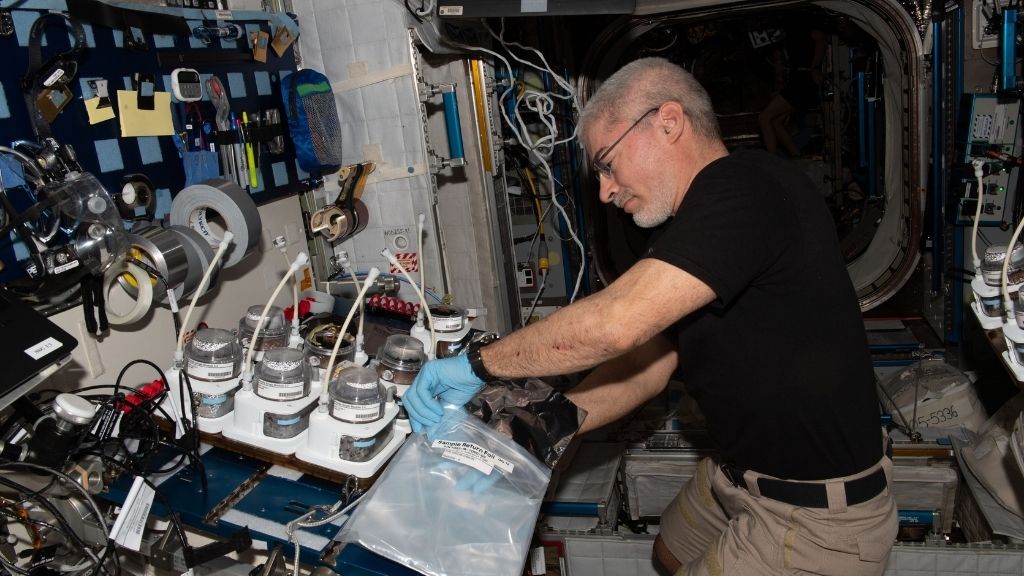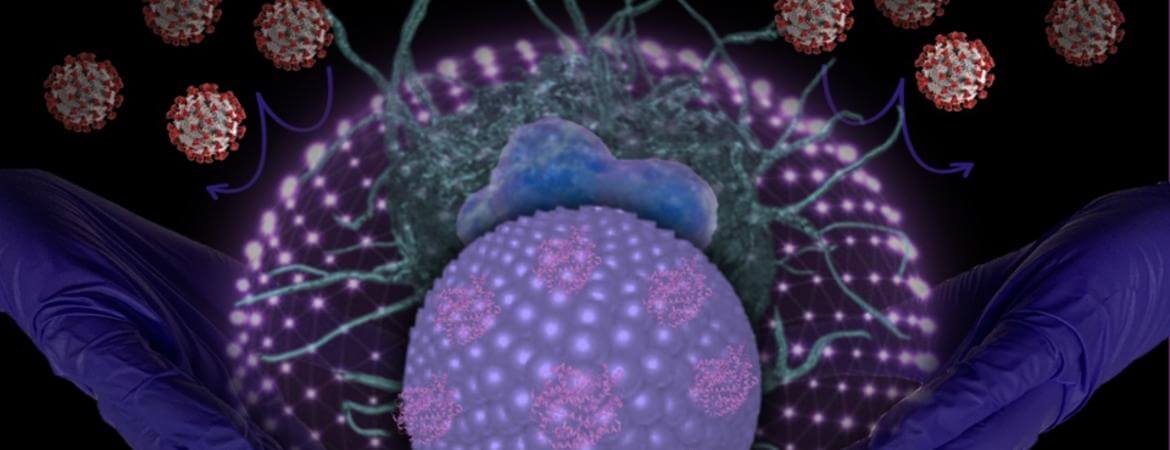Key Points
- The 2022 Ethics Index has found our soaring levels of trust at the start of the pandemic have gradually fallen.
- State politicians is seen as the least ethical occupation, with a net score of -22.
- While ethics appear to be falling, expectations of good behaviour have grown.
State politicians are less trustworthy than their federal counterparts – and real estate agents, according to the latest Ethics Index.
Top of the list on trusted occupations are nurses, followed by
and paramedics.
Compiled by the Governance Institute of Australia, the annual survey reveals an overall score of 42, down from 45 last year and slumping from a five-year high of 52 in 2020.
Frontline workers are among the most trusted in Australia. Credit: SBS
Social media giant
, deep in the negative at -32, was seen as the least ethical organisation, overtaking payday lenders (-30) and
(-28).
The worst sectors were media (-15), large corporations (-3) and resources companies (-1).
“We are now seeing a distinct downward trend in trust and ethics,” institute head Megan Motto said.
There’s some bad news for campaigners in Victoria ahead of
and NSW, where voters go to the polls in March.
State politics was the least ethical occupation, falling to last place with a net score of -22 (down from -10 in 2021 and 2 in 2020).
In bad news for state politicians, they top the list of least trustworthy jobs. Credit: SBS
Ms Motto said the strong sense that “we’re all in it together” saw trust soar at the start of the pandemic.
Australians put their trust in governments and the medical profession and were largely rewarded.
“But we have seen an unravelling since,” she said.
“It seems we are a little less trusting, more cynical and more divided.”
Corruption, tax avoidance and dodgy advertising were top concerns about business.
Federal government and big corporations, not individuals, were seen as having the highest ethical obligation to respond to climate change, the survey conducted by Ipsos found.
Going on holiday with COVID-19 also poses an ethical dilemma for many Australians.
The survey found more than three-quarters (78 per cent) would take a test if symptoms appeared in the weeks before an interstate holiday.
People wearing PPE arriving at Sydney Airport, as the Omicron variant of COVID-19 began to spread around the country. Source: AAP / James Gourley
And while ethics appear to be on the slide, expectations of good behaviour have grown.
The ethics expectation deficit – the gap between expectations of how ethical something should be and what occurs – widened this year to -37 (-28 in 2021).
“The wider the gap, the bigger the indication that society is not performing the way we want it to,” Ms Motto said.
The coming year’s top three ethical challenges are fixing aged care, more local manufacturing to reduce dependence on broken supply chains and action on climate and the environment.
Note: This article have been indexed to our site. We do not claim legitimacy, ownership or copyright of any of the content above. To see the article at original source Click Here


